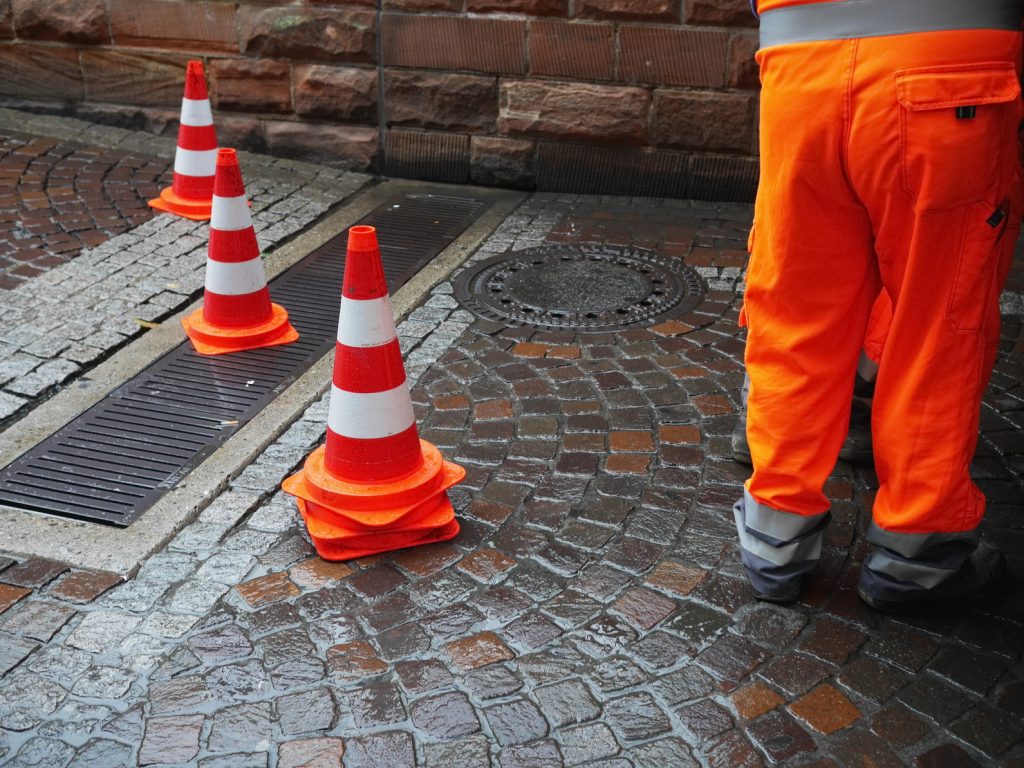I read with interest, a little dismay and a dash of sympathy the recent news about the problems Network Rail is facing with customer delays. I’m a regular user of the UK railway network and the experience can be frustrating, especially when caught up in delays and disruption. However as a business owner myself I’m also sympathetic to the challenges of running what must be a mind-warpingly complex system of moving parts (literally), potential risk and public liability, commercial and operational interdependencies. Add to that a large portion of governmental regulation and healthy slice of the political hot potato.
This got me to thinking of some of the ways that other large, complex, infrastructure-heavy organisations with similar challenges keep ahead of the game. In particular I’m thinking of some of the UK utilities businesses I have been speaking with recently.
Many of these types of companies are beginning to employ advanced analytics for predictive maintenance. They analyse operational, customer and performance data to give a head start in prioritising where and how best to invest their maintenance and repair resources. In short they are connecting predictive analytics and big data to solve some of the most thorny and high profile challenges that they face.
Drainage is a major issue on the railways – heavy rain can trigger mudslides, cause signal problems and generally lead to chaos and delayed trains. Perhaps Network Rail could take a leaf out of Welsh Water’s book. Welsh Water is one of a number of utilities business now using analytics to predict where and when sewer flooding risk is greatest. Network Rail could also apply advanced analytics to proactively identify areas most prone to mud slides and take action before problems occur, thus minimising the disruption caused by such incidents. In fact the general principle of ‘predicitve analytics and preventative maintenance’ is one which is catching on quickly in other infrastructure-heavy industries.
I’d urge Network Rail to consider this approach carefully. Perhaps the problems of effectively maintaining a complex infrastructure, like the UK railway network, could benefit from the attention of the growing community of skilled data scientists in just the same way other similar organisations have. That would help solve Network Rail’s headache, it would help accrue some much needed political capital and perhaps, of greatest importance, it would make for much better experiences for us the travelling public.


